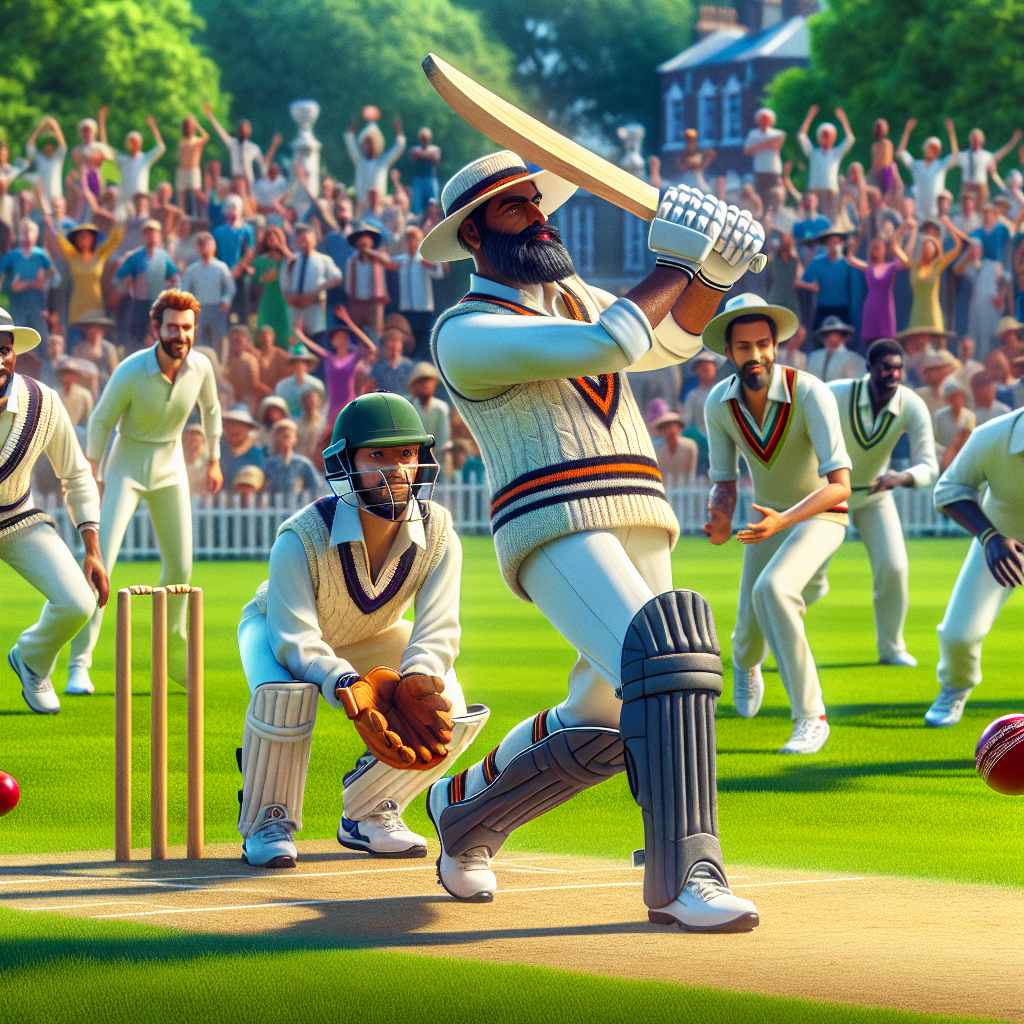Who is the Owner of the IPL?
The Indian Premier League (IPL) is one of the most popular and lucrative cricket leagues in the world. Since its inception in 2008, the IPL has transformed the landscape of cricket, blending sports with entertainment and business. But who exactly owns the IPL? This question is more complex than it might initially seem, as the ownership structure of the IPL involves multiple stakeholders, including the Board of Control for Cricket in India (BCCI), franchise owners, and various sponsors. This article delves into the intricate ownership dynamics of the IPL, providing a comprehensive understanding of its structure.
The Role of the BCCI
The Board of Control for Cricket in India (BCCI) is the primary governing body of cricket in India and plays a pivotal role in the ownership and management of the IPL. The BCCI is responsible for organizing the league, setting its rules, and overseeing its operations. However, the BCCI does not own the IPL in the traditional sense. Instead, it acts as a custodian, managing the league on behalf of its stakeholders.
BCCI’s Responsibilities
- Organizing and scheduling the tournament
- Negotiating broadcasting and sponsorship deals
- Ensuring compliance with international cricket regulations
- Managing the financial aspects of the league
The BCCI’s role is crucial in maintaining the IPL’s reputation and ensuring its smooth operation. The board’s ability to attract top-tier sponsors and broadcasters has significantly contributed to the league’s financial success.
Franchise Ownership
While the BCCI manages the IPL, the actual ownership of the league lies with the individual franchises. Each team in the IPL is owned by a franchise, which is typically a consortium of business entities or individuals. These franchises bid for the rights to own and operate a team in the league, and their ownership is a significant aspect of the IPL’s structure.
Notable Franchise Owners
- Mumbai Indians: Owned by Reliance Industries, led by Mukesh Ambani, one of the wealthiest individuals in the world.
- Chennai Super Kings: Owned by Chennai Super Kings Cricket Ltd, with significant shares held by India Cements, led by N. Srinivasan.
- Kolkata Knight Riders: Co-owned by Bollywood superstar Shah Rukh Khan, actress Juhi Chawla, and her spouse Jay Mehta.
- Royal Challengers Bangalore: Owned by United Spirits, a subsidiary of British beverage company Diageo.
These franchise owners invest heavily in their teams, from acquiring top players to building brand value. The success of a franchise is often tied to its owner’s ability to manage resources effectively and create a winning team.
Financial Dynamics of the IPL
The IPL is not just a cricket tournament; it is a massive business enterprise. The league generates revenue through various streams, including broadcasting rights, sponsorships, ticket sales, and merchandise. Understanding the financial dynamics of the IPL is crucial to comprehending its ownership structure.
Broadcasting Rights
Broadcasting rights are one of the most significant revenue sources for the IPL. In 2017, Star India acquired the global media rights for the IPL for a staggering $2.55 billion for a five-year period. This deal underscored the league’s immense popularity and its ability to attract large audiences worldwide.
Sponsorship Deals
Sponsorship deals also contribute significantly to the IPL’s revenue. The league has attracted numerous high-profile sponsors over the years, including major brands like Vivo, Dream11, and Tata. These sponsorships not only provide financial support but also enhance the league’s brand value.
Franchise Revenue
Franchises earn revenue through a share of the central pool (broadcasting and sponsorship revenue) and their own sponsorship and ticket sales. The financial success of a franchise often depends on its ability to attract sponsors and fill stadiums with fans.
The Impact of the IPL on Cricket
The IPL has had a profound impact on the world of cricket, influencing how the game is played, perceived, and commercialized. Its success has inspired the creation of similar leagues in other countries, such as the Big Bash League in Australia and the Caribbean Premier League.
Player Opportunities
The IPL has provided a platform for young and emerging players to showcase their talent on a global stage. Many players have used the IPL as a springboard to international cricket, gaining valuable experience and exposure.
Economic Impact
The economic impact of the IPL extends beyond cricket. The league has created numerous jobs, boosted tourism, and contributed to the growth of related industries such as hospitality and media. According to a report by KPMG, the IPL contributed approximately $182 million to India’s GDP in 2015.
Challenges and Controversies
Despite its success, the IPL has faced its share of challenges and controversies. Issues such as match-fixing scandals, player disputes, and governance concerns have occasionally marred the league’s reputation.
Match-Fixing Scandals
One of the most significant controversies in the IPL’s history was the 2013 spot-fixing scandal, which led to the suspension of key players and officials. The BCCI took stringent measures to address these issues, implementing stricter regulations and oversight mechanisms.
Governance and Transparency
Governance and transparency have been ongoing concerns for the IPL. Critics have called for greater transparency in the league’s financial dealings and decision-making processes. The BCCI has made efforts to address these concerns, but challenges remain.
Conclusion
The ownership of the IPL is a complex web involving the BCCI, franchise owners, sponsors, and broadcasters. While the BCCI manages the league, the true ownership lies with the franchises that invest in and operate the teams. The IPL’s success is a testament to its innovative business model, which has revolutionized cricket and created a global sporting phenomenon.
As the IPL continues to grow, it will face new challenges and opportunities. The league’s ability to adapt and evolve will determine its future success. For now, the IPL remains a shining example of how sports, entertainment, and business can come together to create something truly extraordinary.


